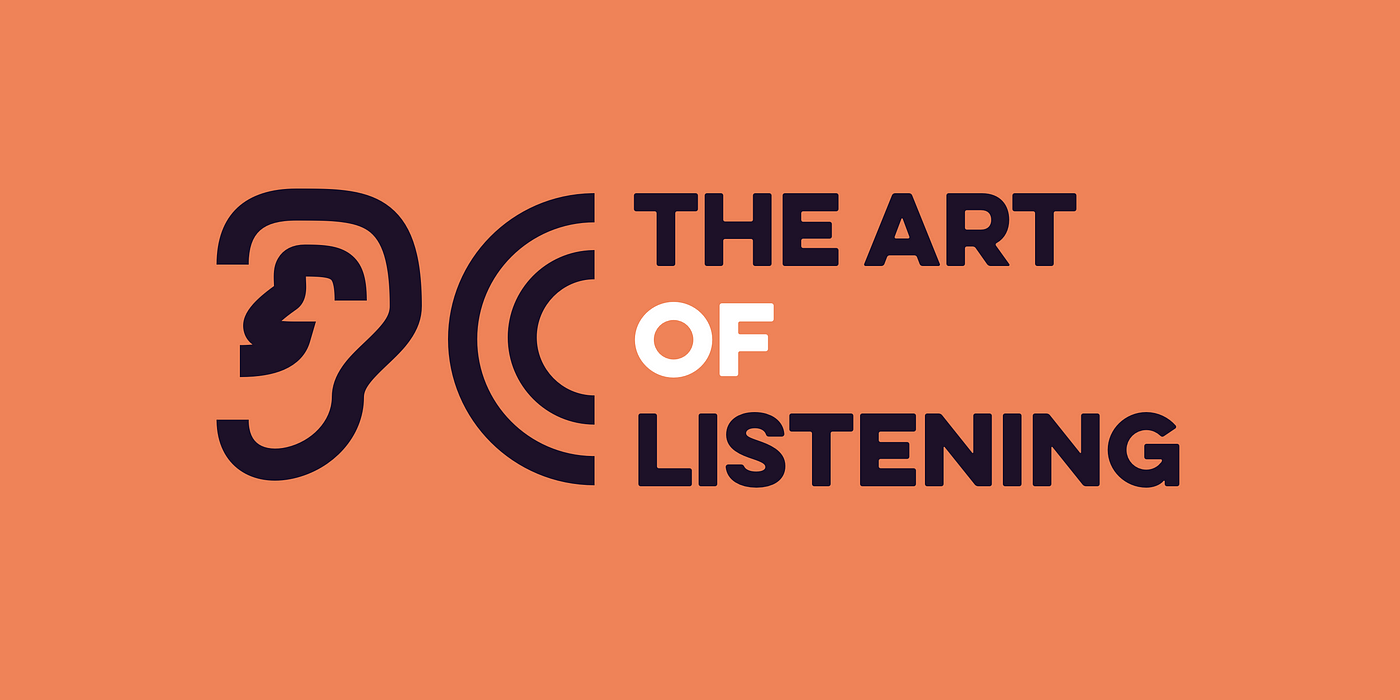Effective communication is one of the most important skills to possess in today’s world. It allows us to express ourselves, convey our ideas and opinions, and build meaningful relationships with those around us. However, communication is a two-way street, and listening is just as important as speaking. In fact, the art of listening is often overlooked and undervalued, but it can be the key to improving your communication skills.
Listening is not just about hearing words. It involves actively paying attention to what the other person is saying, understanding their point of view, and empathizing with their feelings. Listening is an essential part of effective communication because it allows us to build stronger relationships with others, resolve conflicts, and make better decisions. Here are some tips to help you improve your listening skills.
Pay Attention
The first step in improving your listening skills is to pay attention. This means giving the other person your undivided attention and focusing on what they are saying. Try to eliminate distractions and give the speaker your full attention. Avoid multitasking or thinking about what you want to say next while the other person is speaking. Instead, concentrate on what they are saying and try to understand their message.
Be Present
Another important aspect of effective listening is being present in the moment. This means being fully engaged with the speaker and the conversation. Avoid distractions such as checking your phone or looking around the room. Instead, focus on the speaker and what they are saying. Show that you are present by making eye contact, nodding, and using other nonverbal cues to show that you are listening.
Listen to Understand
One of the most important aspects of effective listening is trying to understand the speaker’s point of view. This means putting yourself in their shoes and trying to see things from their perspective. Avoid jumping to conclusions or making assumptions about what the speaker is saying. Instead, ask clarifying questions to ensure that you understand their message. This will help you to build empathy and establish a stronger connection with the speaker.
Respond Appropriately
Effective listening is not just about hearing the other person’s words. It also involves responding appropriately to what they are saying. This means using appropriate language, tone, and body language to convey your understanding and support. Avoid interrupting the speaker or dismissing their opinions. Instead, show that you value their input and are interested in what they have to say.
Practice Empathy
Empathy is the ability to understand and share the feelings of others. It is an essential part of effective communication and can help to build stronger relationships with those around us. To practice empathy, try to put yourself in the speaker’s shoes and imagine how they might be feeling. Use active listening skills to show that you understand their emotions and are there to support them.
Ask Questions
Asking questions is an important part of effective listening. It allows you to clarify your understanding of the speaker’s message and encourages them to elaborate on their thoughts and ideas. Ask open-ended questions that require more than a yes or no answer. This will help to promote deeper conversation and encourage the speaker to share more about their experiences and perspectives.
Avoid Judgement

One of the biggest barriers to effective listening is judgment. When we judge the speaker or their message, we become closed off to their ideas and perspectives. To avoid judgment, try to stay open-minded and non-judgmental. Remember that everyone has their own unique experiences and perspectives, and that diversity is what makes us strong.
Practice Active Listening
Active listening is a technique that involves fully engaging with the speaker and the conversation. It involves using nonverbal cues such as nodding, making eye contact, and using appropriate body language to show that you are listening. It also involves using verbal cues such as asking questions and paraphrasing the speaker’s message to demonstrate your understanding. Active listening helps to build trust and rapport with the speaker, and encourages them to open up and share more about their thoughts and feelings.
Seek Feedback
Finally, seeking feedback is an important part of improving your listening skills. Ask others for their honest feedback about your listening skills, and be open to constructive criticism. Use this feedback to identify areas where you can improve and work on developing your listening skills over time.
In conclusion, the art of listening is an essential part of effective communication. By paying attention, being present, and actively listening to others, you can build stronger relationships, resolve conflicts, and make better decisions. Practice these tips regularly to improve your listening skills and become a more effective communicator. Remember that listening is not just about hearing words, it is about understanding the message and empathizing with the speaker’s feelings. By mastering the art of listening, you can become a more successful and influential communicator in both your personal and professional life.

